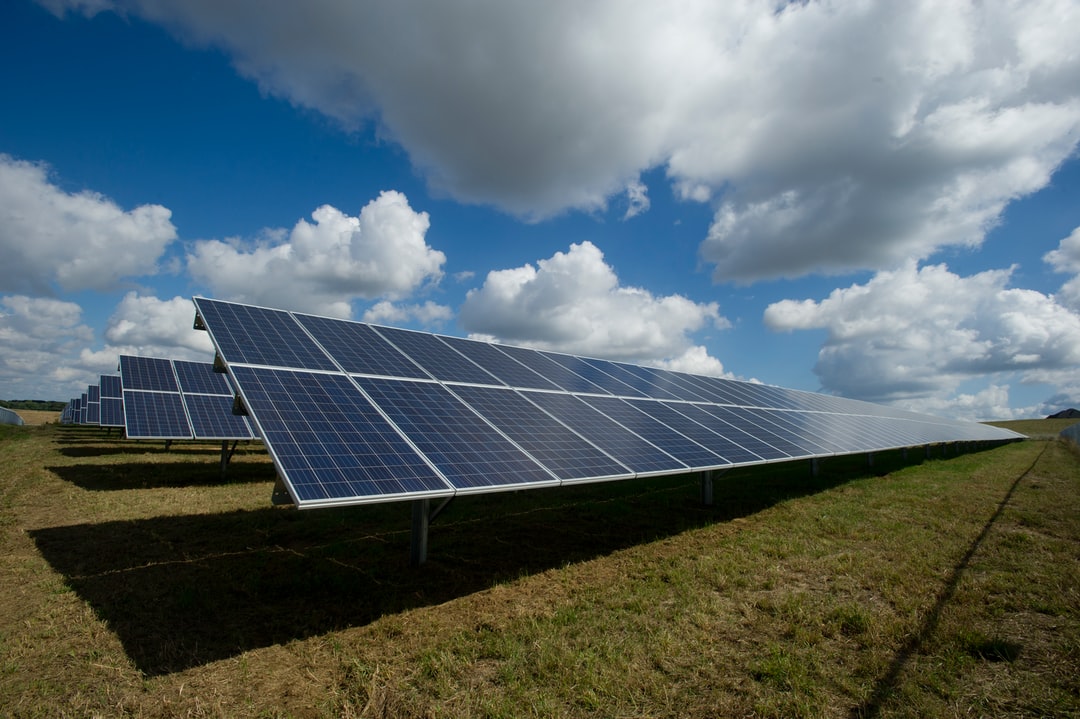Services
SOLAR GRID-TIED SYSTEM
A Solar Grid-Tied System connects solar panels to the utility grid, allowing users to generate their own power and draw from the grid when needed. It uses an inverter to convert solar energy into usable electricity, sends excess back to the grid for credits, and automatically pulls power from the grid at night or during low sunlight. This system lowers energy bills, requires little maintenance, and doesn’t need batteries, but it won’t work during a grid outage unless paired with storage.


Solar Off-Grid System
A Solar Off-Grid System is a standalone solar power system not connected to the utility grid. It generates electricity from solar panels, stores excess energy in batteries for use at night or during cloudy days, and often includes a charge controller and inverter to manage and convert power. This system is ideal for remote locations without grid access, offering energy independence but requiring careful design for reliability. It typically has higher upfront costs due to battery storage and may need a backup generator for extended low-sunlight periods.


Solar Hybrid System
A Solar Hybrid System combines the features of both grid-tied and off-grid solar systems. It uses solar panels to generate electricity, includes a battery storage system to store excess power, and remains connected to the utility grid for backup. This system allows homeowners to use solar energy first, draw from batteries when needed, and rely on the grid during high demand or low sunlight. It offers greater energy independence, reduces grid dependence, and can provide backup power during outages—making it a flexible and efficient choice for modern solar users.


Photovoltaic (PV) Pumping System
A Photovoltaic (PV) Pumping System uses solar panels to directly power a water pump, eliminating the need for batteries or a utility grid connection. It consists of solar panels, a pump controller, and a submersible or surface water pump. During sunlight hours, the PV panels generate electricity to run the pump, making it ideal for irrigation, livestock watering, and remote water supply in off-grid areas. These systems are energy-efficient, low-maintenance, and environmentally friendly, offering a cost-effective alternative to diesel or grid-powered pumps, especially where sunlight is abundant.


PV Mini Grid
A PV Mini Grid is a small-scale, localized solar power system that generates electricity from solar panels and distributes it to multiple users through a dedicated network, often in rural or remote areas without access to the main utility grid. It typically includes solar panels, a battery storage system, an inverter, a control system, and a distribution network to supply power to homes, businesses, or community facilities. PV mini grids provide reliable, clean energy for lighting, appliances, and small businesses, offering a sustainable alternative to diesel generators. They are scalable, environmentally friendly, and can be designed for partial or full energy independence.


UPS System
A UPS (Uninterruptible Power Supply) System is an electrical device that provides emergency power to connected equipment during a power outage or fluctuation, ensuring continuous operation. It acts as a backup power source between the main supply failure and the activation of a secondary power source like a generator. A typical UPS system includes a battery, an inverter, and a charger. When the main power fails, the UPS instantly switches to battery power, protecting sensitive equipment such as computers, servers, medical devices, and telecom systems from data loss or damage. UPS systems also condition the power supply, regulating voltage and smoothing out surges or sags to ensure stable and clean energy flow.

